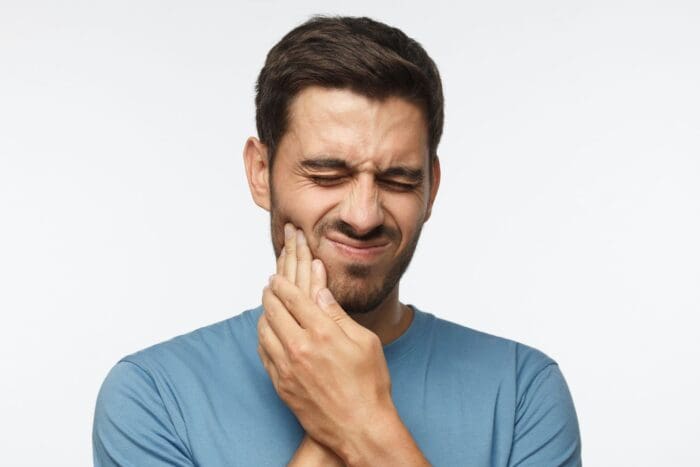Needing a tooth extraction can be a stressful process. You don’t want to add any unnecessary strife to your procedure. Of course, you want a smooth healing process. To do that, you must follow proper aftercare protocol. Otherwise, you can experience a painful condition called dry socket. This occurs when the blood clot in the extraction site becomes dislodged. But, you can avoid dry socket if you take care of your extraction site properly.

What is Dry Socket?
When a dentist extracts a tooth, it leaves a small hole in your jaw. After a tooth extraction, a blood clot will form in the socket to protect the underlying bond and nerves. This blood clot is vital to keep the extraction site covered. It also allows the bleeding to stop after surgery as well as heal.
Dry socket occurs when the clot is dislodged or dissolves too quickly. This can leave the underlying bone and nerves exposed. Unfortunately, dry socket can be extremely painful. The pain may radiate up to your ear or even your eye. With dry socket, you are more likely to develop an infection. This can cause a fever or an unpleasant taste in your mouth. Having dry socket can increase your chances of dry socket occurring in the future.
How to Avoid Dry Socket
It may seem daunting to consider dry socket. However, you can avoid this condition by following your dentist’s instructions. Additionally, there are a few behaviors that you shouldn’t do. Listen carefully to to your dentist’s instructions to have the best chance of avoiding dry socket. This can help reduce your risk of other complications.
Say No to Straws and Smoking
It is incredibly important to avoid the motion of sucking. For example, you shouldn’t use straws or smoke. This motion can create a suction that dislodges the blood clot. It can be tempting to use a straw after your extraction due to pain. However, this is a bad idea. Straw use is one of the more common ways to develop dry socket. Until your dentist gives you the green light, you should refrain from using straws.
Practice Gentle Oral Hygiene
While you are healing, you should be extra careful while taking care of your teeth. You should brush your teeth gently to avoid hurting the extraction site. This is because it is possible to disturb and dislodge the blood clot. However, it is crucial that you continue to brush and floss your teeth while you heal. Your mouth is full of bacteria that can get out of hand if you stop brushing. Maintaining your oral health can reduce your chances of infection post-extraction.
Choose Soft Foods and Liquids
During your healing process, you should assess your diet. The foods that you eat can influence your healing journey. You should opt for softer foods during the initial days after your procedure. If you eat hard or crunchy foods, it can damage your blood clot or cause pain. Additionally, high temperatures can dissolve the blood clot. Therefore, it is best to eat foods like soup or mashed potatoes at a lukewarm temperature.
